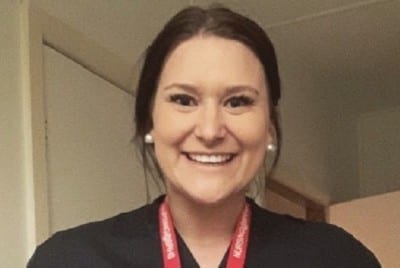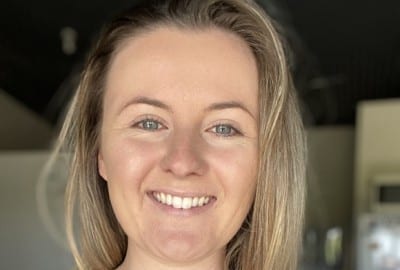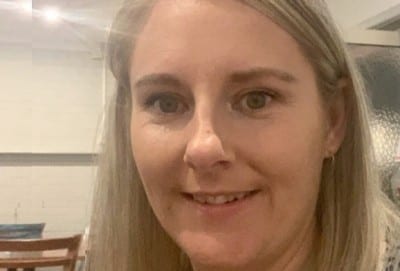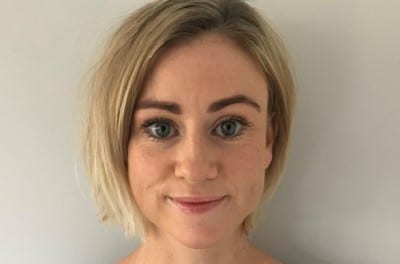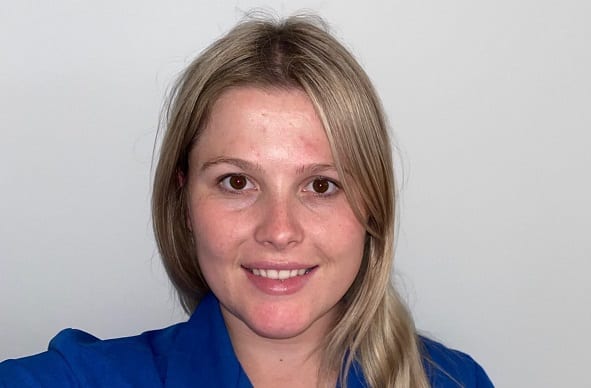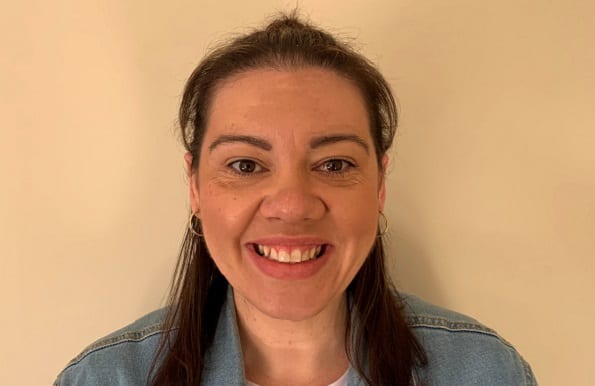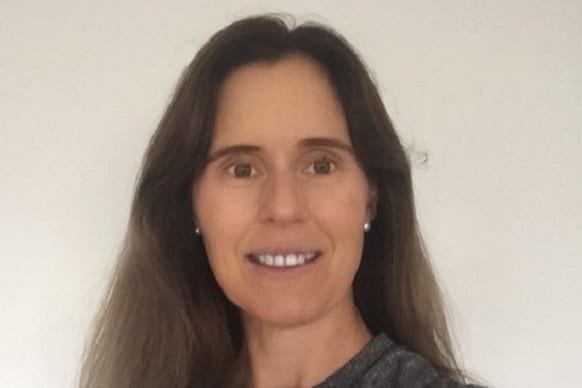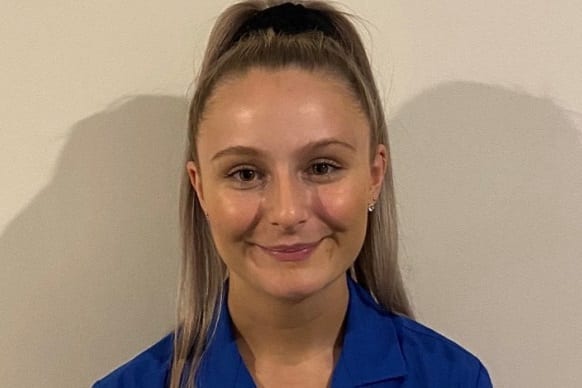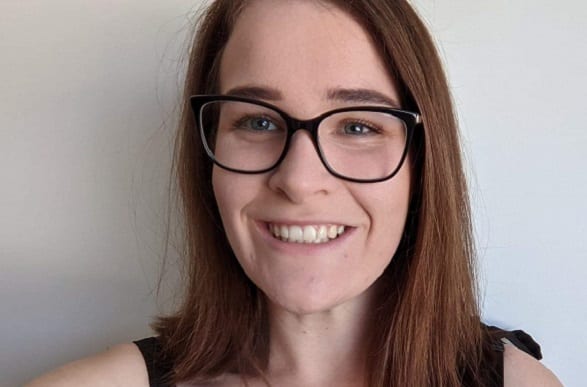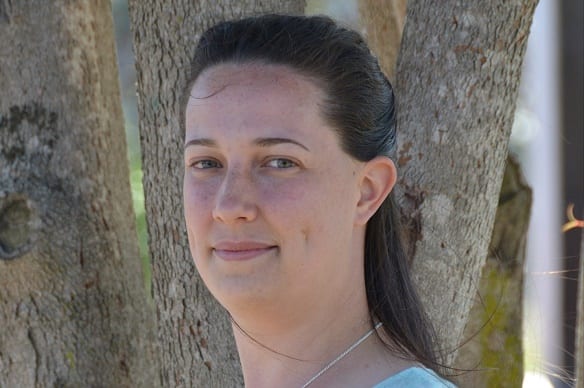Rural nursing to me is having extended knowledge on nursing skills in order to care for members of the community with a range of different conditions. I thoroughly enjoy this challenge and strive to meet the needs of people in rural areas. This may be influenced by the lack of resources compared to metropolitan health services and the distance to these services. The desire I have of being a rural nurse is fuelled from multiple factors including my upbringing, family and passion.
Read more >I wish to be a rural nurse because I believe our country towns give us a great opportunity to develop a diverse range of skills both in the clinical field and community setting. Many rural and regional Australian’s experience poorer health outcomes when compared to urban and metropolitan cities. Rural nurses play a big role in identifying the strengths and challenges that their communities face and contribute to finding opportunities to improve the overall health outcomes of these challenges. I have grown up in the East Gippsland area and look forward to giving back to my community during my 2020 graduate year at Bairnsdale.
Read more >My name is Justine and I grew up in the Bairnsdale area. I always pictured myself raising my family here where I feel a strong bond to family and community.
I was drawn to nursing by my grandmother who trained at BRHS (Bairnsdale) before nursing in the city. She settled back in the East Gippsland area while I was young and worked as a bush nurse. During this time she shared a journal with me about her time as a relief bush nurse traveling to rural and remote communities. Reading these entries I was amazed at experiences she had and I came to understand how important the nurses’s role is in rural health,. Her experiences inspired me to follow her path into nursing.
Read more >I have always had great respect and admiration for the nurse’s in our rural community. Following in the footsteps of my mother, I have aspired to be a nurse since I was a child. Prior to commencing the Bachelor of Nursing at Federation University, I have thoroughly enjoyed working as an enrolled nurse on nurse bank at Central Gippsland Health, in multiple areas of the hospital and day care and needs. I enjoy listening to patients’ and residents’ stories, past or present; many born and raised int he area in difficult times and financial hardship, their part has made our local area what it is today. I admire the path that has led them to where they are now, which helps me care for them in a holistic way.
Read more >One of my main endeavours to continue being a rural nurse for my graduate position has come from working at Central Gippsland Health for the past 2.5 years. Along with completing placements throughout my studies at hospitals such as Barinsdale Regional Hospital and Central Gippsland health, both have given me broad exposure into the variety of work that I can e involved in.
Read more >As a mature age student, I found my passion for nursing a little later in life. I am a single mother of 2 teenager daughters who attend local catholic schools and participate in community sports. Sale is my home, the community that I was raised in and where I am raising my daughters. I want to enrich my girls with a sense of belonging and appreciation of their community by giving back and being part of building a better future of out town.
Read more >Living and working in a rural area offers a number of professional and personal benefits. I believe the profession benefits of working in a rural area include greater autonomy and responsibility, a diverse patient mix and many opportunities to grow my clinical knowledge and skills.
My clinical placements in regional hospitals have provided me with a well rounded education and opportunities to learn, ask questions and practice procedures in a calm environment.
Read more >For me, rural and regional nursing means more than what I consciously realised. I was born and raised in the Gippsland area and have been lucky enough to undergo my clinical placements rurally at Bairnsdale Regional Health and Central Gippsland Health predominantly. During my third year of study at Federation University I was fortunate to gain a place as a Registered Undergraduate Student of Nursing (RUSON) in the Bairnsdale Emergency department where I witnessed the impact of rural and regional nursing firsthand.
Read more >Hindsight is a marvellous thing, looking back I know when I first respected those in the nursing profession. My great grandmother, had a stroke that left half of her body paralysed. With amazing staff and rehabilitation, the last stage of her life was filled with not only frustrations, but also joy. In and out of hospitals we became familiar with different hospital staff. Some nurses would come in and complete the tasks necessary. They would take the time to understand her jumbled speech and would make her laugh. I respected these nurses and am still to this day am so grateful for the happiness they brought great grandmother.
Read more >From a child of six or seven years old, I remember saying that I was always going to be a nurse. I completed my original nursing training as an Enrolled Nurse Endorsed in 2009 while we were living in the southwest Victorian town of Warrnambool. For the past eleven years, I have worked in rural and regional areas of Victoria as a nurse, most recently the Grampians and Gippsland regions. As a result of my nursing experience as an Enrolled Nurse, I have developed a strong passion for rural nursing. It comes with so many rewards and challenges – and I love a challenge!
Read more >